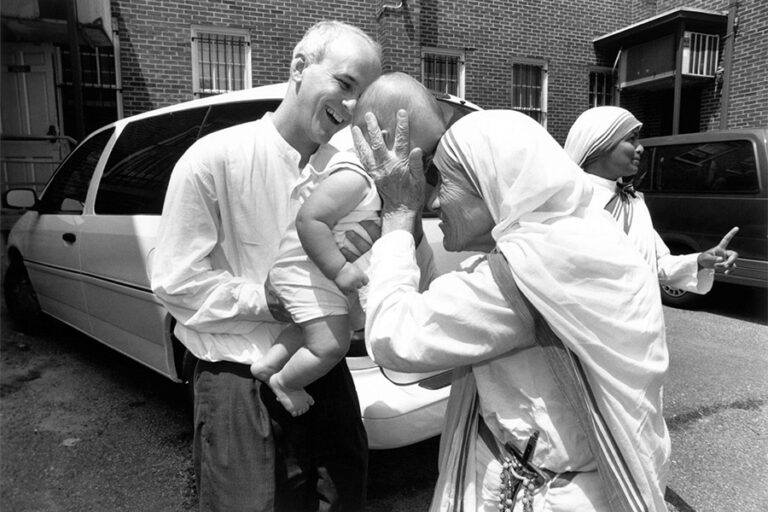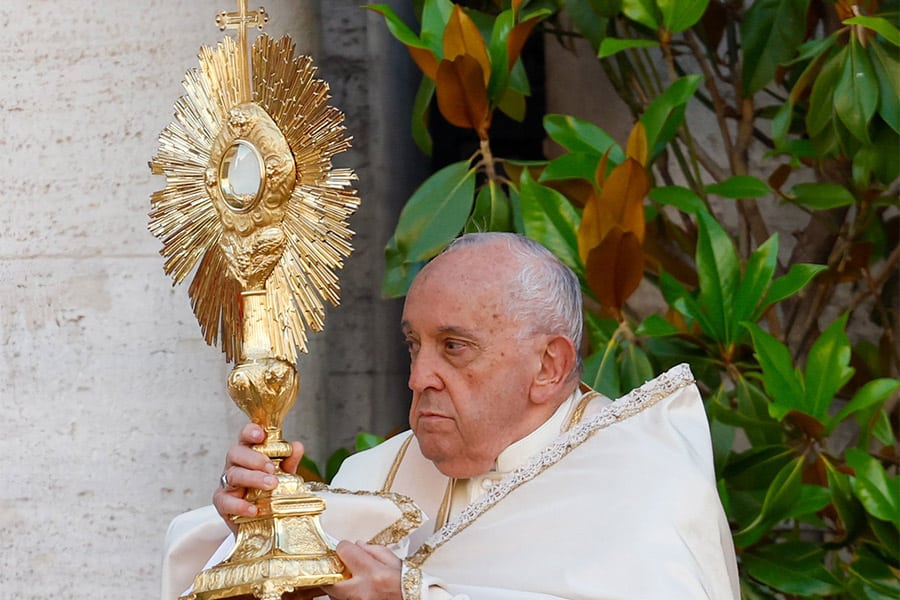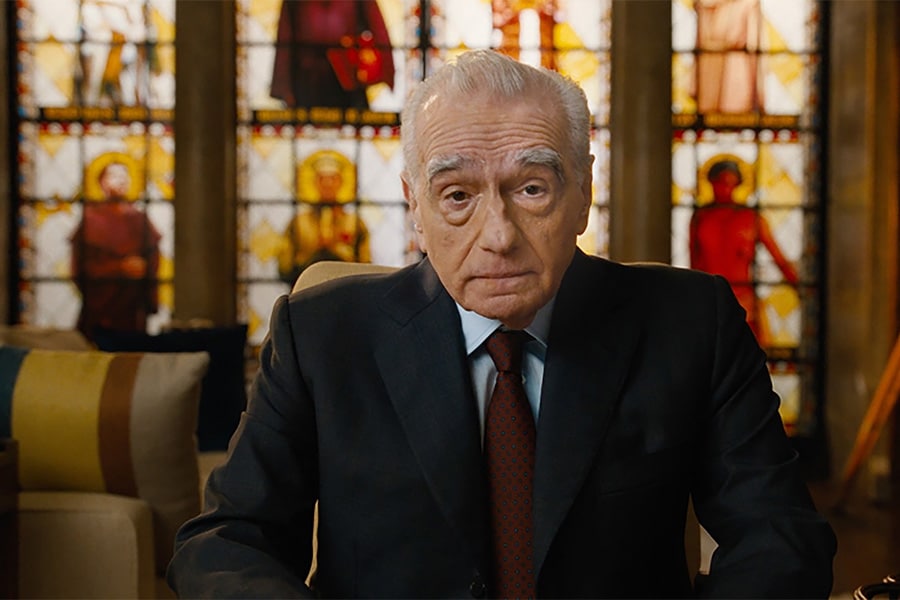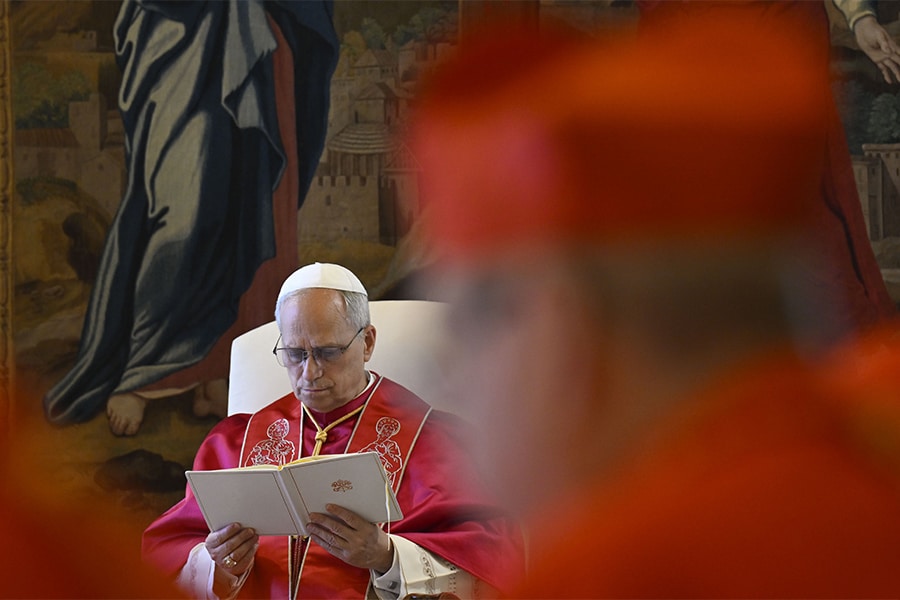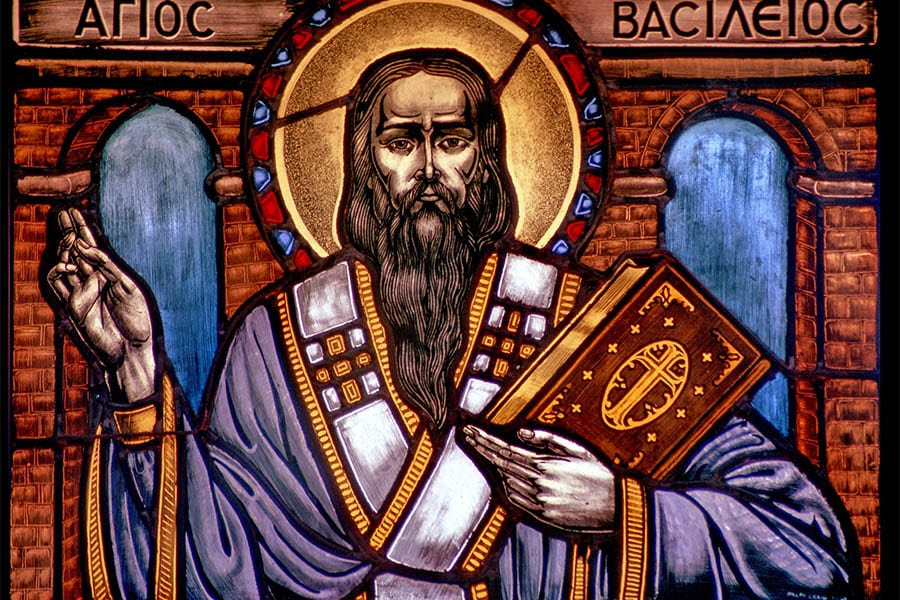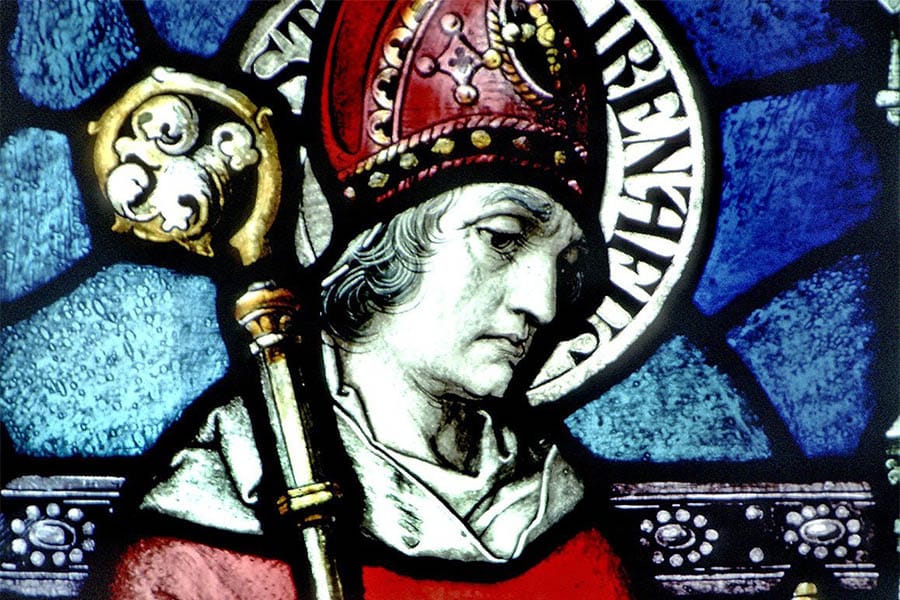WASHINGTON (OSV News) — For those who have never heard Mother Teresa’s famous “Gospel on five fingers,” simply imagine the petite and wizened founder of the Missionaries of Charity counting out these words on the digits of a hand — your hand: “You. Did. It. To. Me.”
Intoning Jesus Christ’s words in English from Matthew 25:40 — “Truly I say to you, as you did it to one of the least of these my brothers, you did it to me” — she was not only offering a vivid visual demonstration of Christ’s pronouncement. Mother Teresa, St. Teresa of Kolkata, also was issuing both an invitation and a challenge.
That invitation and challenge have deep Scriptural roots, explained Bradley Gregory, associate professor of biblical studies at The Catholic University of America in Washington, in a Sept. 7 lecture presented by the Mother Teresa Institute at Catholic University.
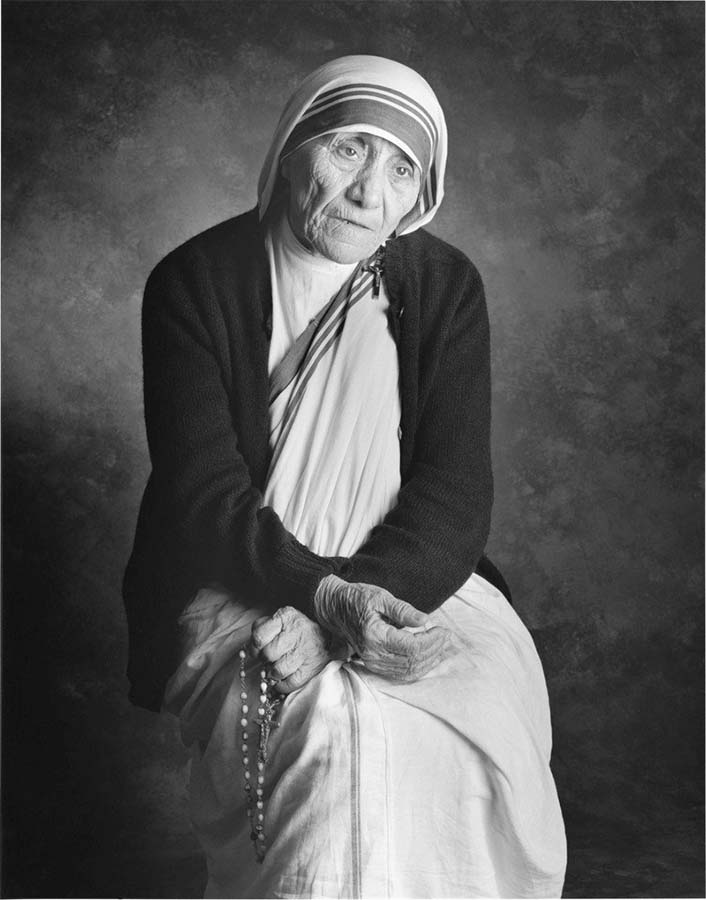
Gregory’s lecture opened a three-day series of events culminating in a Sept. 9 celebration honoring the saint in the Basilica of the National Shrine of the Immaculate Conception’s Crypt Church.
“In nearly every public talk she gave, Mother Teresa mentioned Matthew 25:40,” Gregory told his audience. “It would not be going too far to say that her life was modeled on this verse.”
But what if that verse has more layers of meaning than imagined?
“In some modern translations, this sentence from Matthew is translated, ‘You did it for me,'” Gregory explained. “Is it ‘You did it to me,’ or ‘You did it for me?’ The Greek of the verse is ambiguous; it can be translated either way. But the difference in these two renderings is significant.”
One little word, Gregory emphasized, has a very big impact.
“The translation ‘You did it for me’ would suggest that believers should see themselves as Jesus’ ambassadors and do works of mercy on his behalf,” said Gregory. “And that is certainly true. But the translation ‘You did it to me’ is not only more probable but much more arresting.”
Gregory noted, “In this reading, Jesus is so identified with the poor and the suffering, that anything that is done to them is — at a deeper level — an action done directly to Jesus. Notice it’s not ‘as if you had done it to me’ — it’s ‘you did it to me.'”
“As Mother Teresa deeply grasped,” said Gregory, “this is a very sobering thought: that Jesus considers acts done to the needy as actually being done directly to him. Most scholars agree that this second interpretation is likely the intended sense. Actions done to the poor are — in some mysterious way — acts simultaneously done to Christ.”
Matthew 25:40 appears near the end of that Gospel, Gregory said, as part of a series of parables intended to teach what happens in the final judgment. They include the foolish bridesmaids (Matt. 25:1-13); the talents (Matt. 25:14-30); and judgment of the nations (Matt. 25:31-46).
“An honest reader might ask, ‘Does this mean we are judged solely on works and our faith isn’t that relevant?’ After all, faith is never mentioned in this passage,” Gregory pointed out.
To illustrate his answer, Gregory explained the concept of Catholic Canadian philosopher Charles Taylor’s “social imaginary”: the way people imagine their own social existence; the assumptions, expectations and filters employed as they interact with the world.
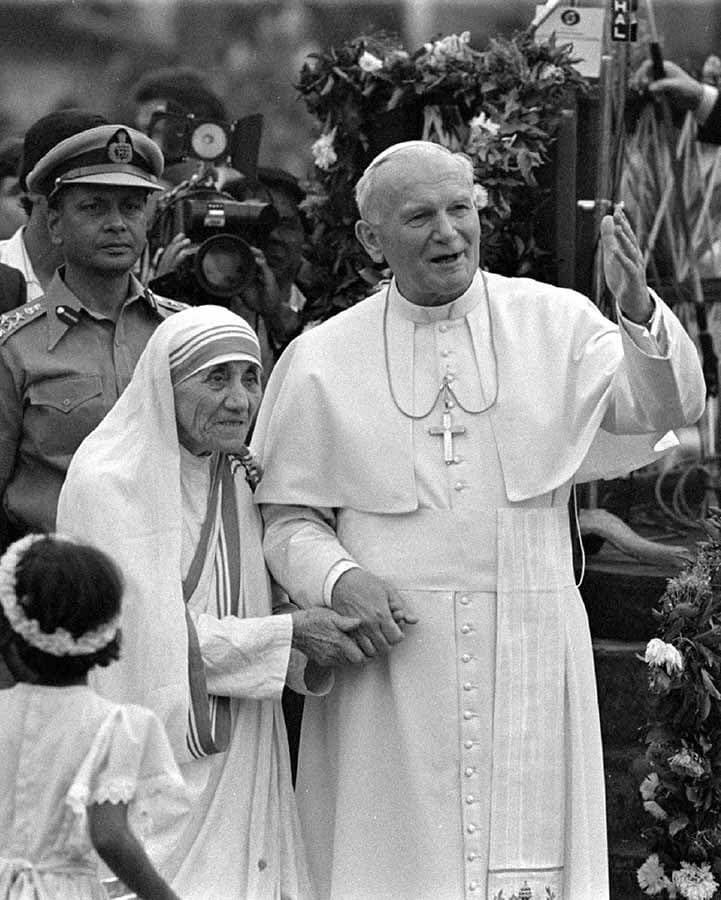
It’s how, in Gregory’s example, over a thousand harried rush-hour commuters on Washington’s subway system hurried past world-famous, Grammy-winning musician Joshua Bell when in 2007 — in a baseball cap, jeans and T-shirt — he offered an impromptu, 30-minute-plus concert with his multimillion dollar Stradivarius violin.
Just one woman truly recognized Bell. Only a handful stopped to listen to him play. All the rest missed what was happening, a deeper reality of which they were unaware.
Context and conversion of imagination is important, Gregory said. The subway riders didn’t expect to see Bell busking in the station; it defied their expectations. “Because these commuters were unaware of the experiment being done, their social imaginary prevented them from seeing the true person right in front of them,” observed Gregory.
“Mother Teresa’s living out of Matthew 25:40 is very much like this woman who recognized Joshua Bell — in her ministry to the poorest of the poor, she is a witness to a different view of the world,” explained Gregory. “A different social imaginary. A witness to an encounter with Christ where others might see nothingness.”
Her vision of the call of the Gospel, Gregory said, is hard for the modern Western outlook to grasp.
“Works of mercy are not about earning God’s favor — but about entering into the mystery of the kingdom,” Gregory stressed. “In Scripture, the poor have a completely different value in the social imaginary of God’s economy.”
God has a special concern for the poor, Gregory added.
“In Proverbs 14:31, we read, ‘Those who oppress the poor insult their maker; but those who are kind to the needy honor him.’ Notice what this verse implies,” said Gregory. “God is so identified with the poor that our attitude toward God will be revealed by how we relate to the poorest around us.”
“It’s a package deal,” Gregory advised. “Biblical authors present our relationship to God and our relationship to the needy as two sides of the same coin.”
“Care for the poor,” Gregory continued, “is not simply a good deed or an obligation. It is an integral declaration of faith that one believes in Jesus’ kingdom, which is not of this world. Mother Teresa understood this theological truth deeply,” he said. “In the book ‘A Call To Mercy,’ she explains why she takes the call of Matthew 25:40 this seriously. She says that she does this ‘because I love God, and because I believe his Word.'”
The poor are not, Gregory emphasized, a burden or obligation.
“They are a living opportunity to encounter Christ,” he declared. “This is the insight at the heart of Matthew 25:40.”
We can express our belief in God’s grace to us, said Gregory, by serving Christ in caring for the needy; doing so allows us to “incarnate the Gospel” in our lives.
Before Gregory’s lecture, Father Brian Kolodiejchuk, a Missionaries of Charity priest who is director of the nonprofit Mother Teresa Institute and official promoter of her canonization cause, welcomed the attendees.
“St. Pope John Paul II called Mother Teresa a ‘person-message,'” said Father Kolodiejchuk, “and so I believe there is much to study, and grow in our understanding, as she is one of the greatest saints of the last century.”
Peter Kilpatrick, Catholic University’s president, introduced Gregory, noting CUA’s Mother Teresa Day of Service annually draws nearly 1,000 participants.
Her commitment to the poor and outcast, Kilpatrick said, might tempt people to “put her on a plane so far above us that she’s unapproachable.”
“Watching her speak … you quickly come to understand that this was a kind, peaceful, joyful woman who was not at all otherworldly, but very much down-to-earth,” he said.
Still, Gregory noted that Mother Teresa is “easy to admire from a distance” but “much harder to emulate.”
“Her living out of Christ’s claim about the world is certainly a challenge,” he said. “But if we have eyes to see, it is also an invitation — it’s a summons to experience the kingdom of God on earth as it is in heaven.”
Here is a link to the Mother Teresa Institute: https://motherteresainstitute.org.
Read More Saints
Copyright © 2023 OSV News

